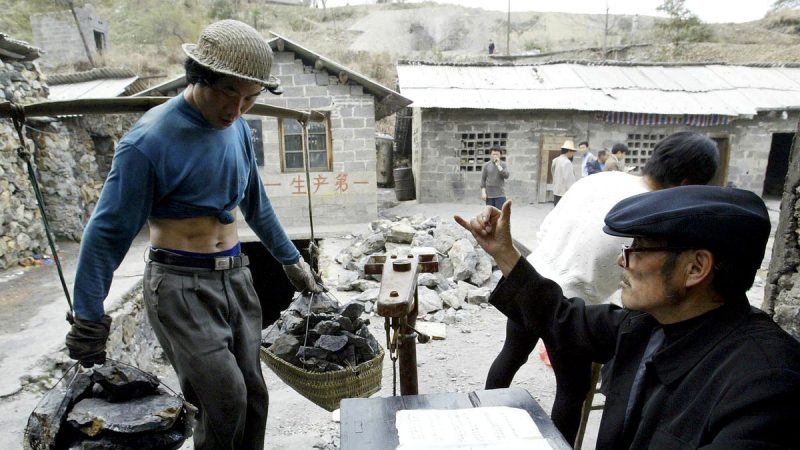China Exerts New Restrictions on Exports of Minerals Critical to US Weapons Making
The recent decision by China to impose new restrictions on the export of minerals essential to the production of US weapons has sent shockwaves through the international defense industry. This move is seen as a strategic decision by the Chinese government to assert its dominance in the global supply chain and to wield its influence in the ongoing geopolitical tensions with the United States.
The specific minerals that are in question include rare earth elements such as neodymium, tantalum, and dysprosium. These minerals are crucial components in the manufacturing of a wide range of high-tech products, including advanced weapons systems, electronic devices, and renewable energy technologies. With China being the world’s largest producer of rare earth elements, any disruption in the supply chain could have far-reaching implications for various industries.
The US defense industry, in particular, heavily relies on these minerals for the production of advanced weaponry and military equipment. The new export restrictions imposed by China have raised concerns about potential shortages and price spikes, which could impact the ability of the US military to maintain its technological edge.
In response to China’s actions, the US government is actively exploring alternative sources of these critical minerals and ramping up efforts to establish a more robust domestic supply chain. This includes incentivizing domestic production, investing in research and development, and forging new partnerships with allied countries to diversify the sources of these essential minerals.
The geopolitical implications of China’s move to restrict exports of critical minerals extend beyond the defense industry. It underscores the importance of reducing reliance on a single dominant supplier and enhancing the resilience of supply chains to mitigate potential disruptions. The US, along with its allies, is now faced with the challenge of ensuring a stable and secure supply of these essential minerals to safeguard national security interests.
As tensions between the US and China continue to escalate on multiple fronts, including trade, technology, and geopolitics, the issue of critical minerals has emerged as a new battleground. Both countries are vying for control over strategic resources that underpin key industries and technologies, with far-reaching implications for global economic and security dynamics.
In conclusion, China’s decision to impose new restrictions on the export of critical minerals essential to US weapons making has heightened concerns about supply chain vulnerabilities and national security risks. The US and its allies must work together to diversify sources, enhance domestic production capabilities, and strengthen resilience in the face of geopolitical uncertainties. Only by taking proactive steps to address these challenges can countries ensure their continued competitiveness and strategic advantage in an increasingly volatile global landscape.

